
David Spielman
Director, Innovation Policy and Scaling (IPS), Innovation
Policy and Scaling

Back
With research staff from more than 60 countries, and offices across the globe, IFPRI provides research-based policy solutions to sustainably reduce poverty and end hunger and malnutrition in developing countries.

researcher spotlight
Carlo Azzarri is a Senior Research Fellow in the Innovation Policy and Scaling Unit. His work focuses on the relationships among poverty, nutrition, food security, agriculture, the environment, production, and migration—analyzed at both micro and macroeconomic levels, primarily using quantitative methods.

Back
Since 1975, IFPRI’s research has been informing policies and development programs to improve food security, nutrition, and livelihoods around the world.

Back
IFPRI currently has more than 600 employees working in over 80 countries with a wide range of local, national, and international partners.
Agricultural extension and advisory services support farmers and rural producers through training, information, and brokering linkages to markets and services. Extension services provide the critical connection from agricultural innovation and discovery to durable improvements at scale, as farmers and other actors in the rural economy learn, adapt, and innovate with new technologies and practices.
Extension services also help smallholder farmers adapt to and mitigate climate change, conserve biodiversity, and protect the environment while feeding their families and their countries. These services empower farmers and rural producers to cope with evolving agricultural challenges, such as the growing importance of standards, labels, and food safety; and shocks, such as price increases for agricultural inputs.
Current research
Research on agricultural extension is an important part of IFPRI’s work across different disciplines. IFPRI’s extension research looks for ways to improve extension services for small farmers, including women and youth. These improvements can increase uptake of effective technologies and farming practices, boosting positive farm and community outcomes and impacts.
Much of IFPRI’s work on extension is based on a framework developed to help governments and project implementers design effective, context-appropriate, extension systems and measure their impact. This “best-fit” framework has underpinned many studies and projects.
IFPRI has led rigorous evaluations of ways to improve communication and farmer learning, for example, through video-based programs, radio, picture-based advisories, and other digital innovations that benefit women and men. Another research area is pluralism, which examines cases where private provision of extension services may be effective, such as through contract farming.
Because women often have less access to information, farm inputs, and markets compared to men, IFPRI’s work focuses on ensuring that both women and men are empowered through extension. Empowerment is part of human capital development and education and training, also areas of research led by IFPRI.
Using extension to foster adoption of climate-smart agriculture and other sustainable technologies is a critical component of IFPRI’s climate work and its efforts to transform agriculture for food security and poverty reduction.
IFPRI’s agricultural extension research is closely aligned with the Sustainable Development Goals (SDGs), including SDG 1, SDG 2, SDG 4, and SDG 8, and with all the CGIAR Impact Areas.
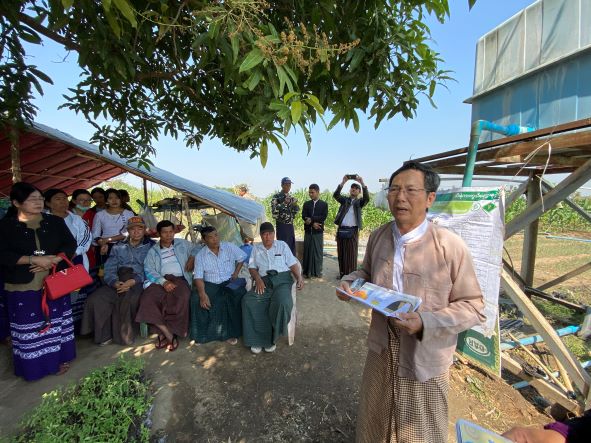

Journal Article
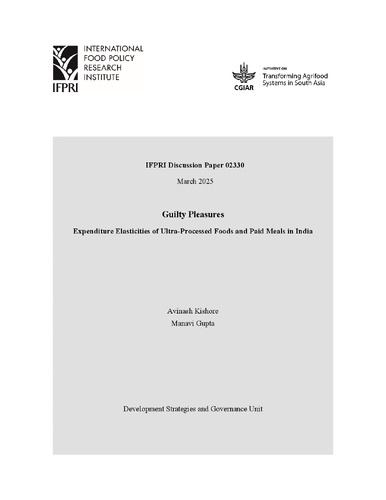
Working Paper

Journal Article
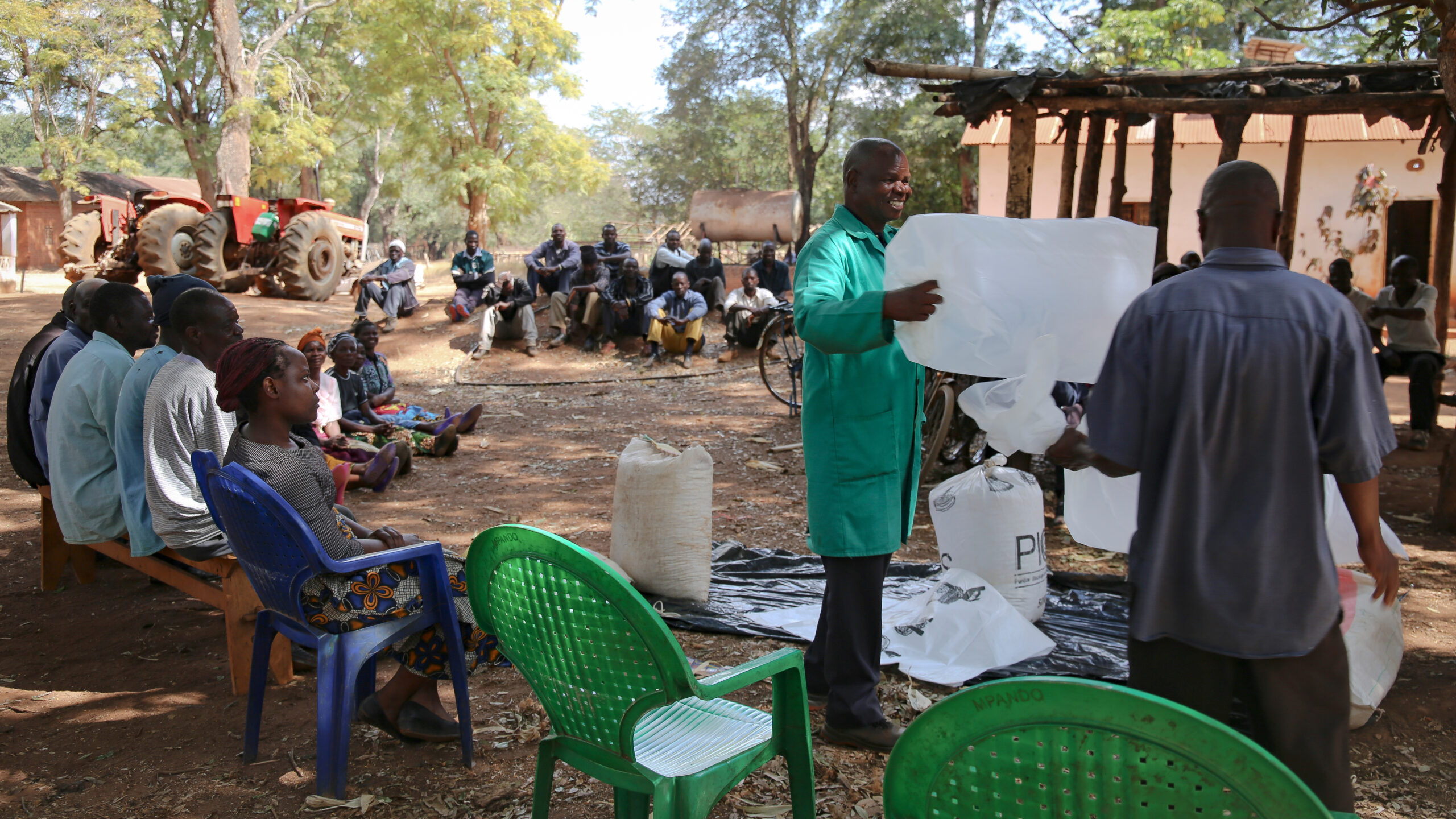
Overcoming funding issues and outmoded practices.
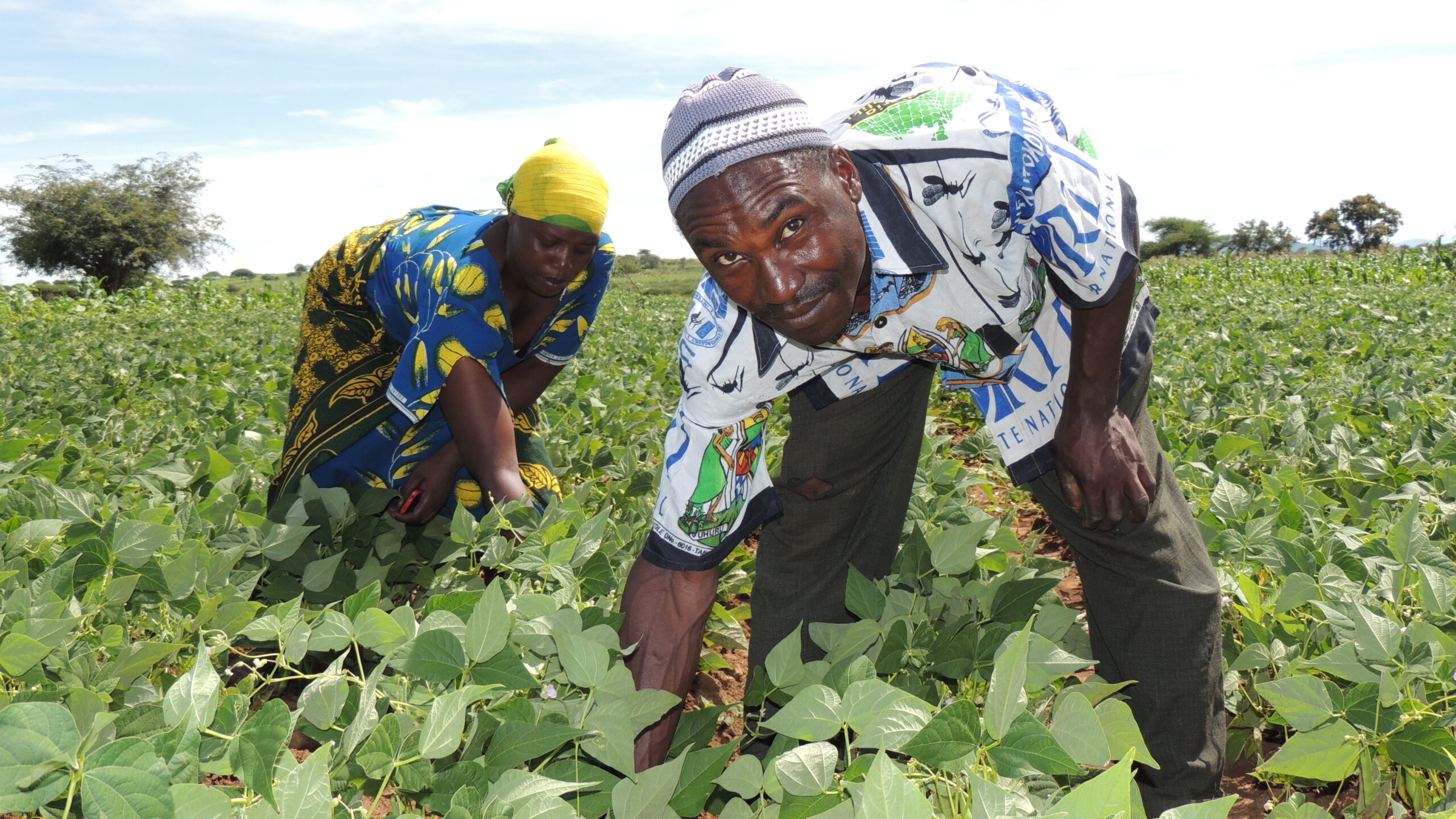
Improving smallholder farming systems in four countries.
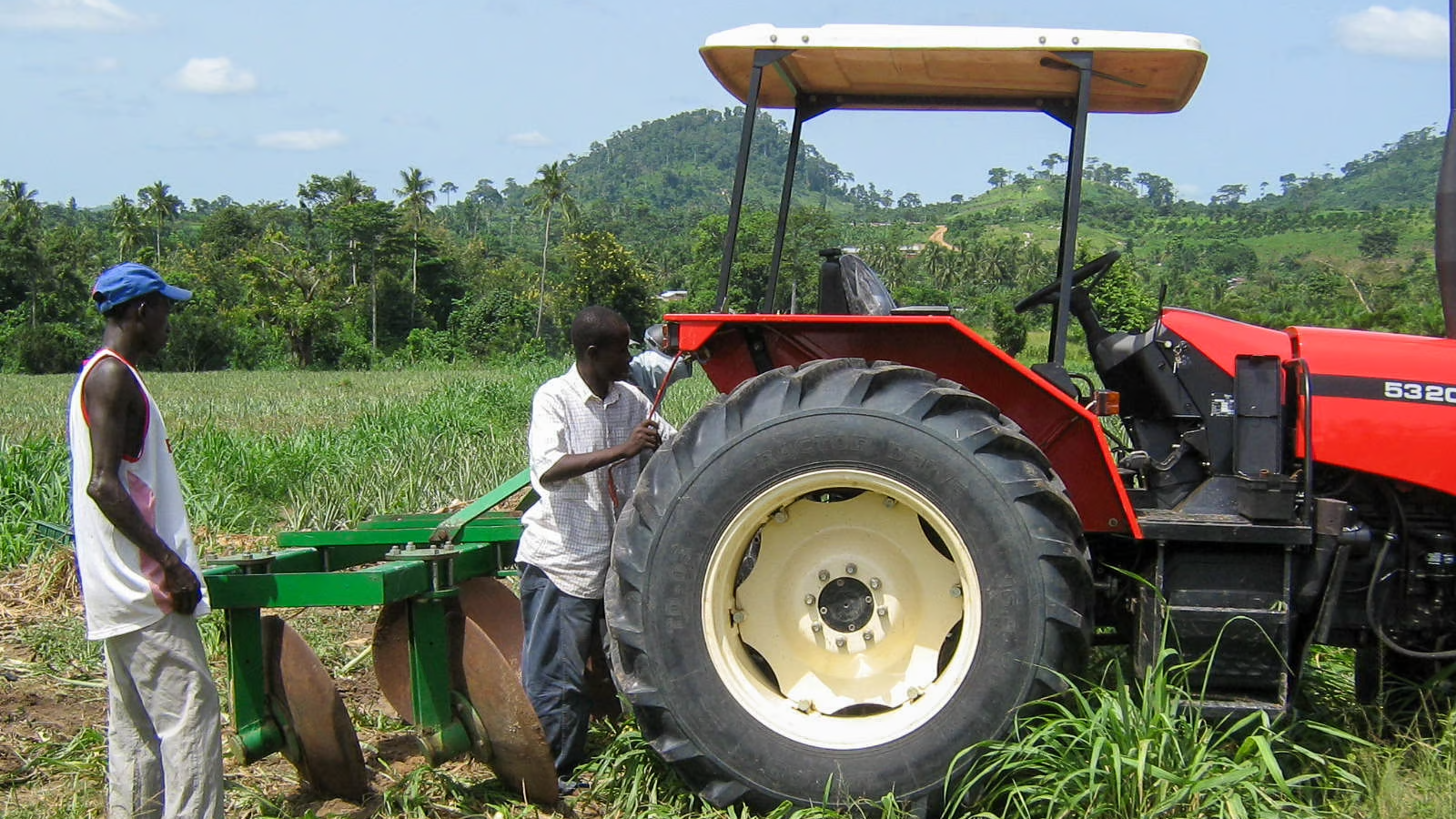
Making tractors accessible and affordable to smallholders.

Hybrid Event: June 7, 2024 – 9:00 AM to 11:30 AM +08. The China Agricultural Sector Development Report 2024 (CASDR) and IFPRI 2024 Global Food Policy Report (GFPR) hybrid launch event will feature keynote speakers as well as presentations on the overview of the GFPR’s and CASDR’s findings.
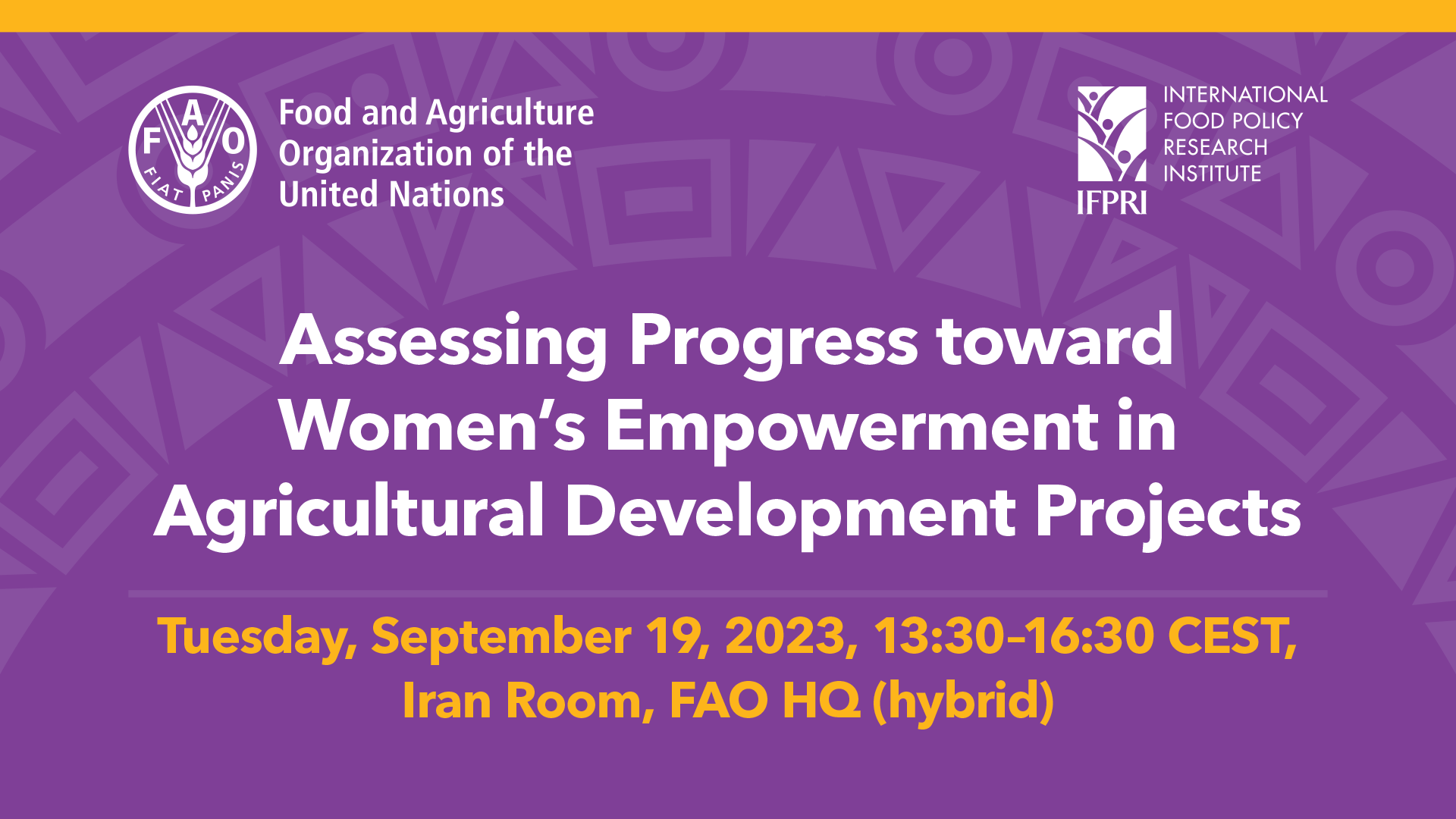
Hybrid Event: September 19, 2023 – 1:30 PM to 4:30 PM CEST. This event will provide a platform for implementers and partners to discuss approaches that have worked to empower women across projects and identify implications for future programming and scaling up.
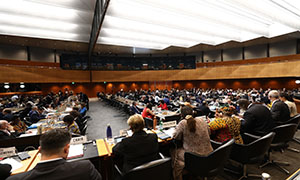
Hybrid Event: May 25, 2023 – 9:30 AM- 11:00 AM EDT. This trade policy seminar will provide a review and future-oriented discussion on domestic support, featuring Lars Brink and David Orden, authors of the recently published book Agricultural Domestic Support under the WTO: Experience and Prospects.
The role of women in agriculture and the household will be discussed in an upcoming conference, reports Presse Gauche in a piece on the agriculture sector and women’s roles. There has been a renewed interest in rural women and the role they play in agriculture. This is due to the renewed focus on agriculture – […]
Paepard published an announcement about the conference on research in tropical and subtropical agriculture, natural resource management, and rural development (TROPENTAG). IFPRI is participating this year with Kristen Davis, discussing Organizational innovation in times of crises: The case of extension and advisory services during Covid-19 and Muzna Alvi discussing Gendered access to extension services during Covid-19: Insights from Nepal and India.
Hindustan Times published an article on the ongoing stand-off between the Union government and protesting farmers that doesn’t appear to be letting up. Farmers, especially in Punjab and Haryana, have been protesting against the three agriculture laws enacted by the central government. The roots of state intervention in agriculture, from government procurement to rationing and restrictions on private […]

Director, Innovation Policy and Scaling (IPS), Innovation
Policy and Scaling

Research Fellow, Markets,
Trade, and Institutions

Research Analyst, Innovation
Policy and Scaling

Research Analyst, Markets,
Trade, and Institutions

Associate Research Fellow , Innovation
Policy and Scaling

Research Analyst, Development
Strategies and Governance

Program Manager, Development
Strategies and Governance

Communications Manager, Development
Strategies and Governance